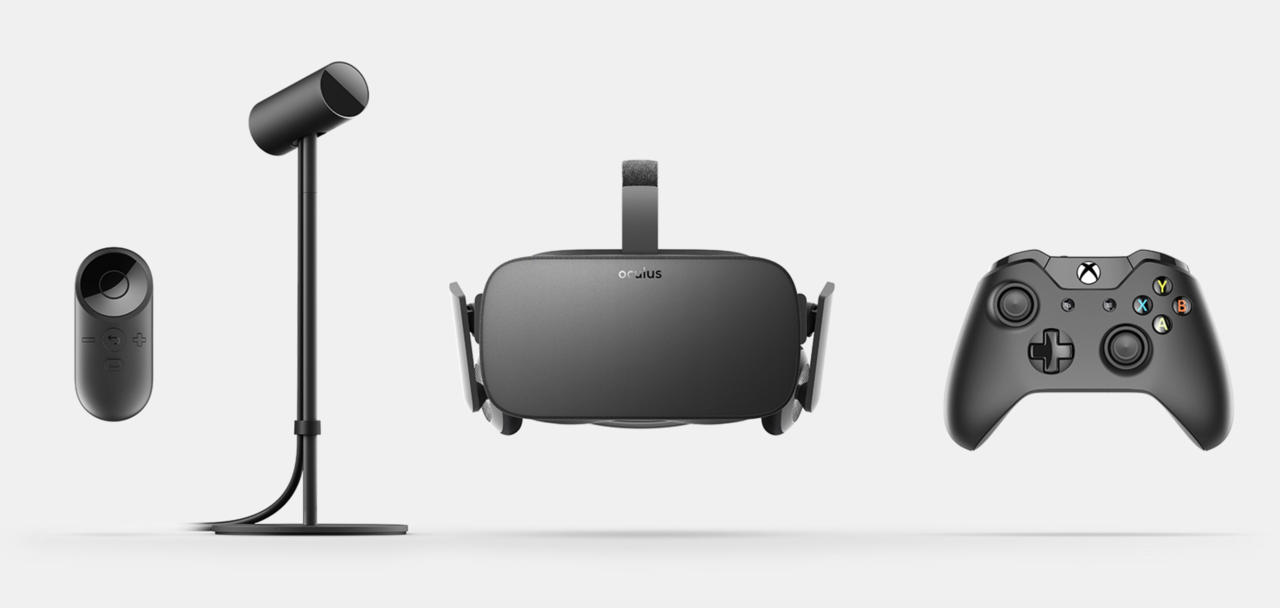Oculus vs. ZeniMax Lawsuit Moves Forward With New Court Orders
This case has been brewing since 2014.
The next chapter in the ZeniMax vs. Oculus lawsuit over Oculus Rift has unfolded.
Polygon reports that court filings this week claim that Oculus VR representatives might have "lied under oath and presented inaccurate expert reports as part of the company's defense" in the suit.

A judge ordered a computer forensic expert to discuss his ZeniMax findings of a search of Oculus CTO John Carmack's computer in April 2014, saying in court documents that the hard drive contains "statements and representations that have been sworn to and are before the court are factually inaccurate." This expert also discovered information that is believed to prove "opinions expressed in expert reports that are before the court that are demonstrably inaccurate."
Because a large portion of the court documents remain sealed, it's unknown what this computer expert found on Carmack's computer that would lead him to say what he did.
As part of this case, Oculus must release redacted communications with Carmack about the hard drive collection, a judge said. Oculus has two weeks to do that.
Polygon also reports that a separate motion orders Samsung--Oculus' partner for the Gear VR headset--to send details to ZeniMax about its work on the Gear VR device.
Go to Polygon to get more details on this latest development in the case.
In 2014, ZeniMax filed a lawsuit against Oculus VR alleging that Oculus founder Palmer Luckey had utilized stolen virtual reality technology to create the Rift VR headset. In August this year, ZeniMax updated it to call out Carmack and Oculus VR CEO Brendan Iribe by name, adding much more specific allegations of intellectual property theft.
Essentially, what the lawsuit alleges is that a significant part of the tech that eventually became the Rift was already in development at ZeniMax when Luckey founded Oculus VR. Building on this, the lawsuit has been amended to levy detailed claims of theft against Carmack, Iribe, and Luckey. The suit argues that Carmack, who used to work for ZeniMax-owned id Software, knowingly took VR technology and information from the company right before he left for Oculus.
ZeniMax is seeking a trial by jury. In December 2015, Facebook CEO Mark Zuckerberg was ordered to testify in court regarding the lawsuit.
For its part, Oculus said in August 2016, "We continue to believe this case has no merit, and we will address all of ZeniMax's allegations in court."
Got a news tip or want to contact us directly? Email news@gamespot.com
Join the conversation